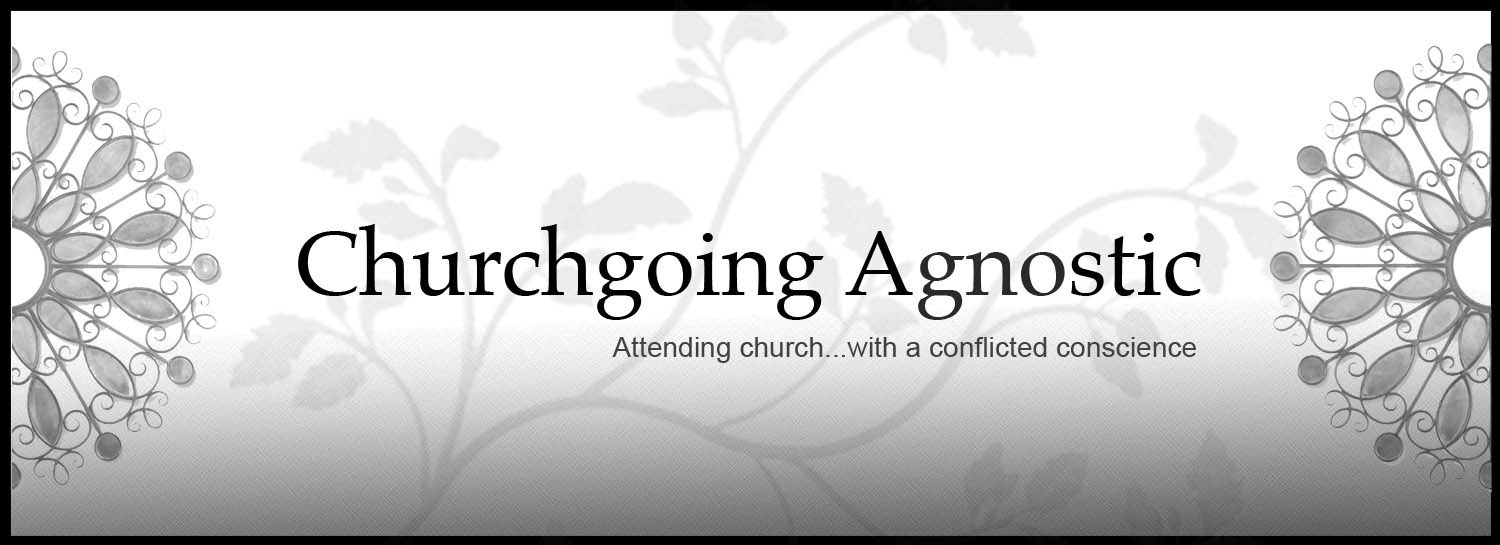Two weeks ago I was in Houston, Texas, with my wife and daughter attending a Cajun cookout in honor of my wife's cousin's high school graduation. While I was socializing with people who gathered for the celebration I had a conversation with one of my uncle-in-law’s relatives- an African-American Catholic friar known as Brother Herman. Brother Herman is a minister and a professor of Spanish who lives in a monastery with other friars in New Orleans. He was among those who survived Hurricane Katrina and the flood that it brought about in New Orleans. We talked for a while about the effect of the flood on his city and his vocation as a language professor. But our longest discussion was about faith.
He told me about what drew him into ministry and I told him about the experiences that led me to enroll in seminary. We talked about the current Pope and the offense he caused in his recent visit to Latin America when he praised the Portuguese missionaries for bringing civilization to people of Latin America (In response to this, Brother Herman said, "Civilization was there before those colonial-minded missionaries ever landed on shore...and so was God"). He told me about the mystic bent Pope John Paul II took as he got older in regards to the idea that there may be other paths to God. He encouraged me in my theological studies and advised me to keep a critical eye and to engage in a respectful critique of other faiths as well as my own. I asked him about his personal prayer life and he told me how he maintains his communion with God by attending Mass, taking communion and spending time in prayer every morning. We discussed how important it is for humans to really seek an ongoing and thriving connection to God and to not allow for rituals to lose their meaning because of routine.
We then shared our understandings of ministry and evangelism. He reminded me that ministry (a word so commonly and carelessly thrown around and attached to anything church-related) is really just another word for “service” and that ministry is not limited to the roles of priests, preachers and chaplains. He noted that while many feel called to such professional roles, those are not the only opportunities for service that exist in God’s kingdom. He said that we are all ministers in the sense that we all can be of service by using our gifts and abilities to help others. To illustrate this point, he told me a personal story of how he had low self-esteem until a priest helped him discover his own gift for languages by teaching him how to speak Spanish when he was 13 years old. Young Herman went through school, got better grades and honed his language skills until he became a language professor himself. He told me that he now lives out his ministry in and out of the classroom by "treating people nice" and "showing hospitality to them."
He shared his opinion on evangelism by saying, "I don’t believe that it is our place as Catholics to make other people Catholic. I believe our mission as Catholics is to do what Catholics do...serve others." His words we so simple yet they summed up what I've been trying to articulate for quite some time now. Years ago, I used to think that having witty answers to a skeptic’s questions was the best way to convince an unbeliever that the gospel was true. Nowadays, I find myself leaning towards the belief that our most effective and faithful witness to the world might be our everyday acts of service, hospitality, compassion and kindness. This is the witness that I think truly moves people to connect with God and others. MaybeI'm going too far in making it an either/or type of situation, but I at least want to do more to incorporate the latter approach in my relationships with others.
Ultimately, my conversation with Brother Herman left me to wonder: Perhaps our goal shouldn't be to pressure others to follow Jesus, but to do what a follower of Jesus does in the Spirit by which Jesus did it. A way of life where we do good for others - not as a means of getting a heavenly reward or avoiding an eternal punishment- but because that is what we do as followers of Jesus.
I wonder: Could the gospel really be that simple? Yep. Simple enough for a child to understand it and apply it.
Subscribe to:
Post Comments (Atom)



No comments:
Post a Comment